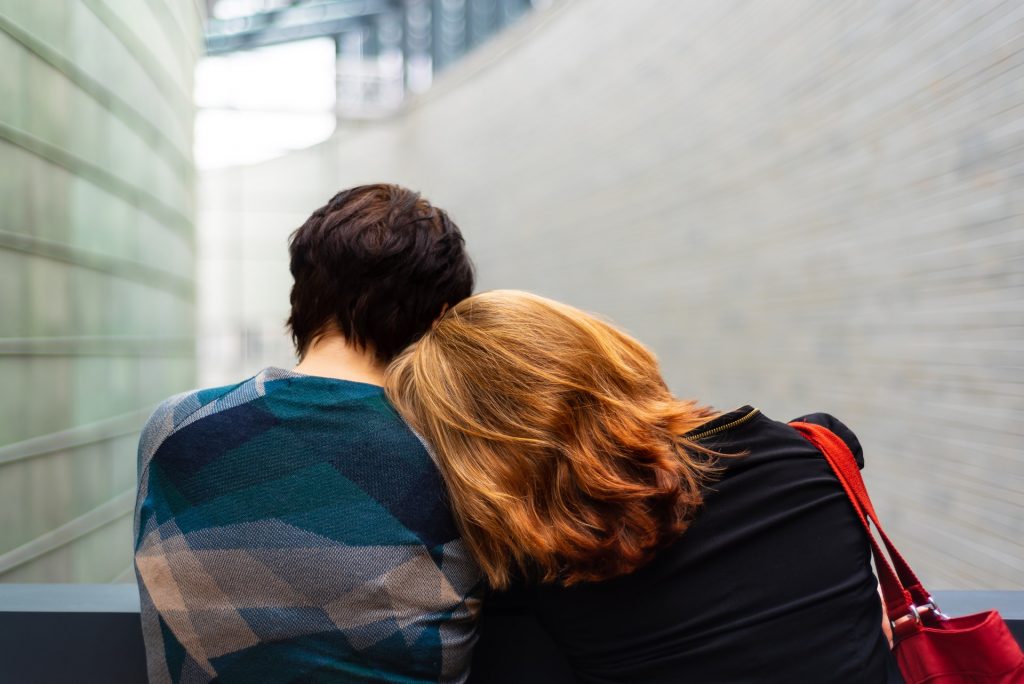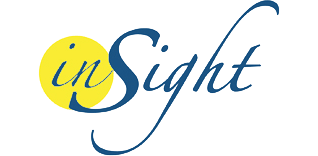Bipolar Disorder and Addiction
It is not unusual for someone with an addiction to be suffering from one or multiple mental illnesses too. Sometimes misdiagnosed or overlooked, people work through their addictions without addressing the underlying disorders or symptoms that provoke the yearning to fuel the addiction, relapsing and restarting the cycle. To sustain sobriety, a dual diagnosis must be utilized.

Addiction
To have an addiction means to be held captive by a vice. A person with an addiction does not feel in control of their desire to engage with whatever preoccupies their mind and time. With substances, an addict compulsively uses the substance without considering the consequence.
Symptoms of Substance Addiction
- Extreme mood changes
- Sleeping issues
- Weight change
- Change in energy levels
- The need to use the substance
- Tolerance levels increasing
- Preoccupied with the substance
Signs of Addiction
- Having withdrawals
- Difficulty quitting
- Financial troubles
- Secretiveness
- Lying
- Stealing
- Changes in behavior
- Legal troubles
Bipolar Disorder
Someone who struggles with bipolar disorder suffers from sudden mood changes of intense highs and lows. These shifts in moods are called episodes: manic episodes, depressive episodes, hypomanic episodes, mixed episodes. The episodes can range from days to weeks and can occur a few times a year to regularly. There are two types of bipolar disorders–I and II–the latter being the less grave in manic episodes but longer depression episodes.
Bipolar disorder is caused by a chemical imbalance in the brain and genetics. It can also be offset by a traumatic experience, an unhealthy environment, or the use of drugs. Both types of bipolar disorder can bear psychosis and anxiety.
Symptoms of Mania
- Hyperactivity
- Rapid talking
- Lack of sleep
- Irrational behavior
- Short attention span
- Preoccupation with a goal or interest
- Impaired judgment
- Hallucinations
- Delusional behavior
Hypomanic symptoms are similar to manic episode symptoms, with less severity.
Symptoms of Depressive Episodes
- Feeling hopeless
- Fatigue
- Oversleeping
- Change in appetite
- Weight change
- Inability to concentrate
- Loss sense of pleasure
- Thoughts of suicide
Dual Diagnosis
When a person has an addiction along with a mental illness, they have a co-occurring disorder. It is fairly common for someone dealing with addiction to have underlying or to develop mental issues. In fact, one in four people that are bipolar also has a substance abuse disorder. It is believed that the high rate of addiction and bipolar coexisting is due to using substances to self-medicate when symptoms appear. Moreover, a person with bipolar disorder can trigger manic and depressive episodes with the use of substances.
The signs of drug addiction are similar to bipolar disorder so a client with co-occurring disorders must be treated with a dual diagnosis. A dual diagnosis treatment distinguishes the two and focuses on healing them simultaneously. Treatment will require a detoxification and form of talk therapy, and it can include group counseling or alternative therapies.
To learn more about dual diagnosis treatment centers in California, call (844) 663-4747.

